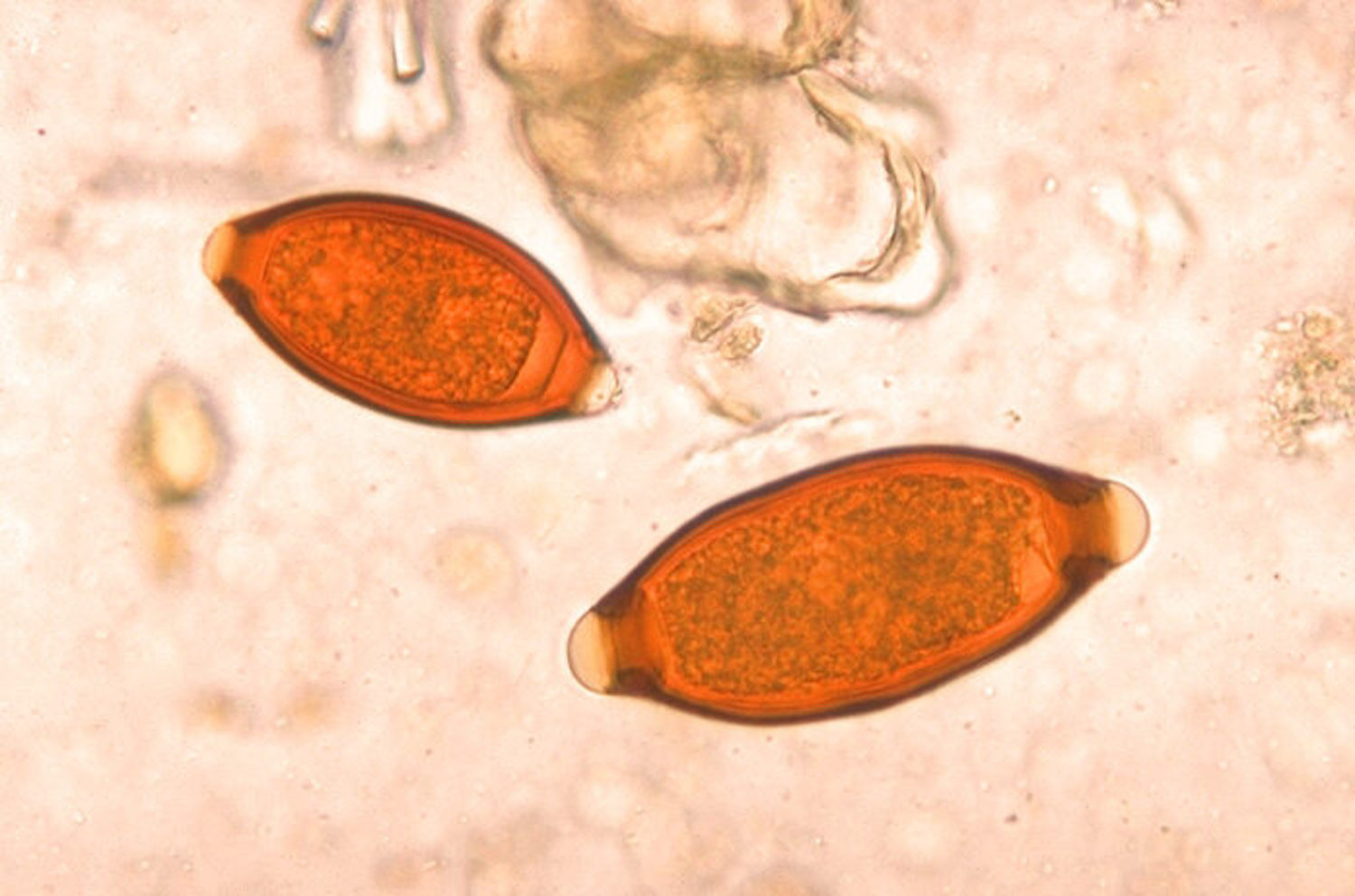For many years scientists have known that carrying intestinal parasites seems to reduce the risks of inflammatory diseases and allergies. But now a patient treating himself with a dose of worms to combat inflammatory bowel disease has given doctors a unique insight into how such a benefit might arise.
 Writing in Science Translational Medicine, University of California, San Francisco scientist Mara Broadhurst and her colleagues present the case of a 35 year old man with a history of ulcerative colitis, an inflammatory condition of the large intestine that causes pain, bleeding and diarrhoea and carries a risk of colonic cancer.
Writing in Science Translational Medicine, University of California, San Francisco scientist Mara Broadhurst and her colleagues present the case of a 35 year old man with a history of ulcerative colitis, an inflammatory condition of the large intestine that causes pain, bleeding and diarrhoea and carries a risk of colonic cancer.
But rather than undergo a colectomy to remove a severely diseased segment of his bowel, the patient instead elected to infect himself with 1500 eggs of the human roundworm, Trichuris trichiura, which establishes a long-term colonisation of the human large intestine. Shortly after the patient ingested the worm eggs his symptoms resolved and telescope camera studies of the bowel showed that the previously inflammed tissue was now apparently normal. The patient experienced a few mild flare ups of his symptoms but otherwise remained well for 3 years.
When his symptoms began to return the researchers noticed that the number of worm eggs present in the man's faeces had dropped, suggesting that the worm burden in his bowel had also decreased, thus explaining the return of the symptoms. This was confirmed with further colonoscopies that showed that areas of the bowel where the worm count was low now had signs of the disease returning. At this point the patient re-dosed himself with a further 2000 worm eggs and again his symptoms remitted.
As they had been following his progress throughout, the medical team had been able to take samples from the bowel during the course of the investigation, which they analysed biochemically, anatomically and genetically.
The results show clearly that in disease-affected areas of the gut there is intense inflammation and the presence of large amounts of an inflammatory hormone called IL17. But in the worm-treated intestinal samples the inflammation was absent and there were also large numbers of cells secreting an additional immune signal called IL22. This factor appears to stimulate the growth of epithelial cells that line the intestine, promoting healing, and also increase the secretion of protective mucus, helping to shield the gut wall from inflammatory stimuli. This reaction is intended to rid the bowel of the worms, but appears to have the effect of promoting healing.
This study therefore offers unique insights into how worm-therapies might work to combat inflammatory and allergic conditions. However, the team do point out that worm infestations can cause malnutrition, bowel inflammation and other complications, especially in children. Studies like this might therefore lead to the creation of an artificial "pseudoworm" that could have the therapeutic benefits but without the risks...









Comments
Add a comment